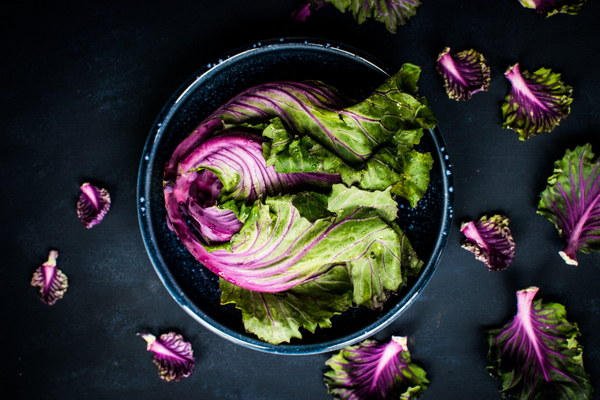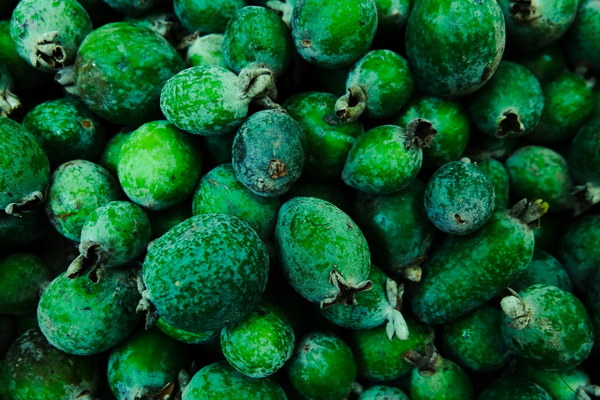The Controversy Surrounding Hormone-Containing Traditional Chinese Beauty Cream
In recent years, traditional Chinese medicine (TCM) has gained significant popularity worldwide for its holistic approach to health and beauty. One of the most sought-after products in the TCM beauty market is the Traditional Chinese Beauty Cream, which promises to nourish and rejuvenate the skin. However, concerns have been raised regarding the presence of hormones in some of these creams, sparking a heated debate among consumers and health experts alike.
The Traditional Chinese Beauty Cream, a blend of various natural ingredients, is said to possess numerous benefits for the skin, such as reducing wrinkles, improving elasticity, and enhancing overall complexion. While the use of natural herbs and ingredients is generally considered safe, the discovery of hormones in some formulations has raised questions about their efficacy and safety.
Hormones are chemical messengers in the body that regulate various physiological processes. In the context of beauty products, hormones like estrogen and progesterone are often added to promote skin rejuvenation and slow down the aging process. However, the use of hormones in skincare products is a topic of concern, especially for those who are sensitive to hormone-related side effects.
One of the primary concerns regarding hormone-containing beauty creams is the potential for hormonal imbalances. While the amount of hormones present in these creams is typically low, prolonged use may lead to adverse effects such as acne, hair loss, and even cancer. Furthermore, individuals with pre-existing hormonal disorders, such as polycystic ovary syndrome (PCOS) or endometriosis, may experience exacerbated symptoms upon using these products.
Another concern is the lack of transparency in the ingredients list. Many consumers are unaware that hormone-containing beauty creams exist, and even those who are aware may not be aware of the specific hormone concentration. This lack of transparency makes it difficult for individuals to make informed decisions about their skincare products.
Despite the controversy, there are still many who believe in the benefits of traditional Chinese beauty creams, including those containing hormones. Proponents argue that the low hormone concentration is unlikely to cause significant harm and that the benefits of these products outweigh the risks. They also point out that the use of natural herbs and ingredients makes these products safer than their synthetic counterparts.
To address the concerns surrounding hormone-containing beauty creams, several steps can be taken:

1. Improved regulation: Governments and health authorities should implement stricter regulations regarding the use of hormones in skincare products. This would ensure that the concentration of hormones is within a safe range and that manufacturers provide accurate and transparent information about their products.
2. Consumer education: Educating consumers about the potential risks and benefits of hormone-containing beauty creams is crucial. This can be achieved through public awareness campaigns, online resources, and in-store consultations.
3. Alternative options: Researchers and manufacturers should focus on developing alternative skincare products that offer similar benefits without the use of hormones. This may involve exploring new natural ingredients or combining multiple ingredients to achieve the desired outcome.
In conclusion, the controversy surrounding hormone-containing traditional Chinese beauty creams highlights the importance of transparency and regulation in the skincare industry. While the potential risks of using these products cannot be overlooked, the benefits they offer cannot be denied either. It is essential for consumers, manufacturers, and health authorities to work together to ensure the safety and efficacy of these products, thereby paving the way for a more informed and responsible approach to skincare.









